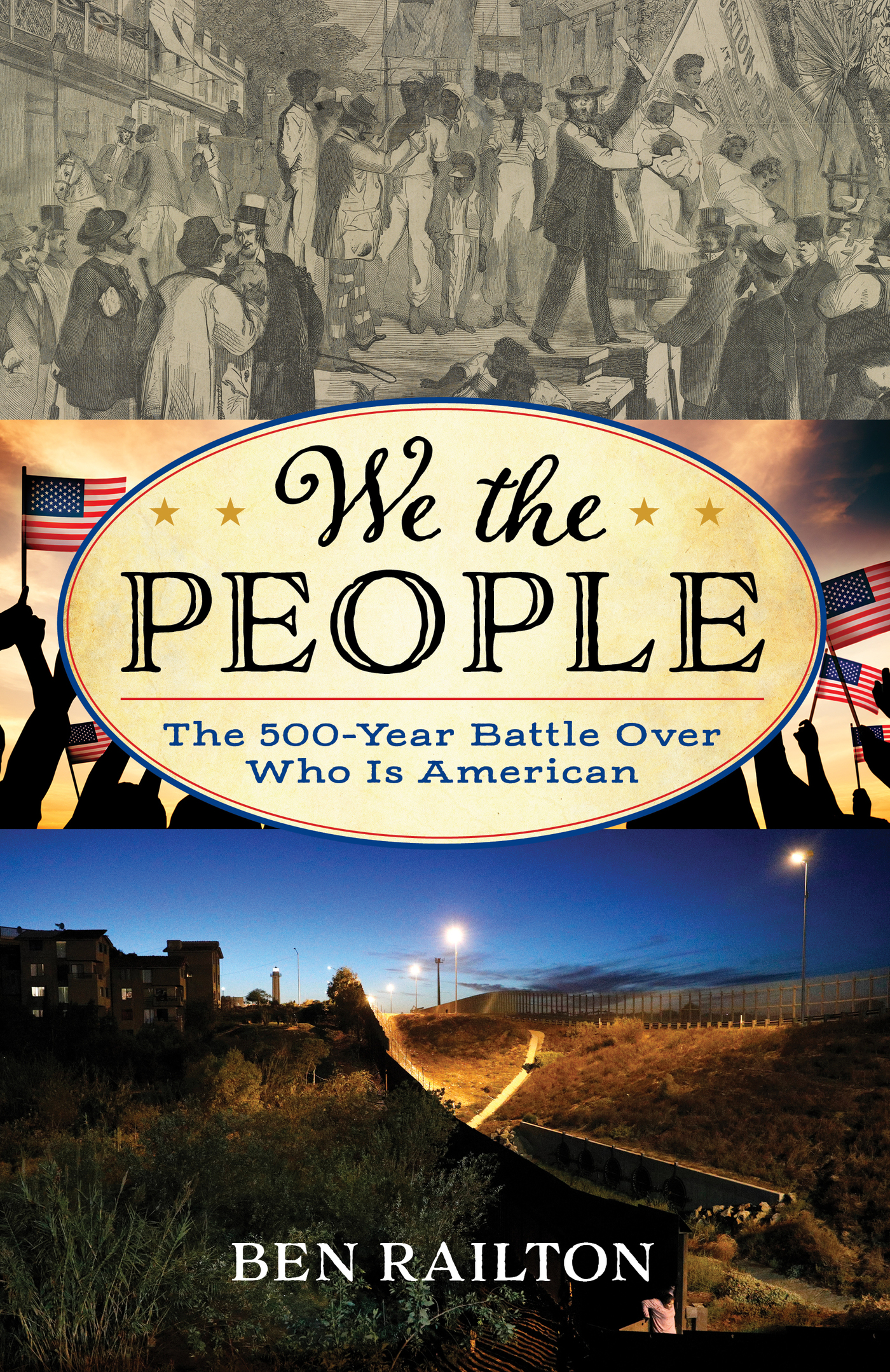We the People
The American Ways Series
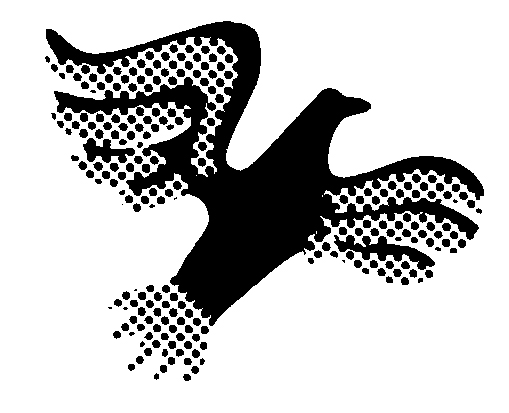
General Editor:
John David Smith
Charles H. Stone Distinguished Professor of American History
University of North Carolina at Charlotte
From the long arcs of Americas history, to the short timeframes that convey larger stories, American Ways provides concise, accessible topical histories informed by the latest scholarship and written by scholars who are both leading experts in their fields and polished writers. Books in the series provide general readers and students with compelling introductions to Americas social, cultural, political and economic history, underscoring questions of class, gender, racial, and sectional diversity and inclusivity. The titles suggest the multiple ways that the past informs the present and shapes the future in often unforeseen ways.
Current Titles in the Series
How America Eats: A Social History of U.S. Food and Culture, by Jennifer Jensen Wallach
Popular Justice: A History of Lynching in America, by Manfred Berg
Bounds of Their Habitation: Race and Religion in American History, by Paul Harvey
National Pastime: U.S. History through Baseball, by Martin C. Babicz and Thomas W. Zeiler
This Green and Growing Land: Environmental Activism in American History, by Kevin C. Armitage
Wartime America: The World War II Home Front, Second Edition, by John W. Jeffries
Enemies of the State: The Radical Right in America from FDR to Trump, by D. J. Mulloy
Hard Times: Economic Depressions in America, by Richard Striner
We the People: The 500-Year Battle Over Who Is American, by Ben Railton
Litigation Nation: How Lawsuits Represent Changing Ideas of Self, Business Practices, and Right and Wrong in American History, by Peter Charles Hoffer
We the People
The 500-Year Battle
Over Who Is American
Ben Railton
ROWMAN & LITTLEFIELD
Lanham Boulder New York London
Published by Rowman & Littlefield
An imprint of The Rowman & Littlefield Publishing Group, Inc.
4501 Forbes Boulevard, Suite 200, Lanham, Maryland 20706
www.rowman.com
6 Tinworth Street, London SE11 5AL
Copyright 2019 by The Rowman & Littlefield Publishing Group, Inc.
All rights reserved. No part of this book may be reproduced in any form or by any electronic or mechanical means, including information storage and retrieval systems, without written permission from the publisher, except by a reviewer who may quote passages in a review.
British Library Cataloguing in Publication Information Available
Library of Congress Cataloging-in-Publication Data
Names: Railton, Ben, 1977- author.
Title: We the people : the 500-year battle over who is American / Ben Railton.
Description: Lanham : Rowman & Littlefield, [2019] | Series: The American ways series | Includes bibliographical references and index.
Identifiers: LCCN 2019007563| ISBN 9781538128541 (cloth : alk. paper) | ISBN 9781538128558 (electronic)
Subjects: LCSH: United StatesEthnic relationsHistory. | United
StatesRace relationsHistory. | National characteristics,
AmericanHistory. | Social integrationUnited StatesHistory.
Classification: LCC E184.A1 R337 2019 | DDC 305.800973dc23 LC record available at https://lccn.loc.gov/2019007563
LC record available at
 TM The paper used in this publication meets the minimum requirements of American National Standard for Information Sciences Permanence of Paper for Printed Library Materials, ANSI/NISO Z39.48-1992.
TM The paper used in this publication meets the minimum requirements of American National Standard for Information Sciences Permanence of Paper for Printed Library Materials, ANSI/NISO Z39.48-1992.
Acknowledgments
As has been the case with every project of mine, this books development itself reflects the benefits of the diverse, inclusive communities in which Im so fortunate to live and work. At Fitchburg State University, both a Harrod Lecture and a Community Read talk helped me refine these ideas, as did conversations with Prince Addo, Seferine Baez, Chola Chisunka, Katy Covino, Lisa Gim, Michael Hoberman, Ben Lieberman, Irene Martyniuk, Joseph Moser, John Pino, Mitchell Richardson, Diego Ubiera, and Heather Urbanski. For other opportunities to talk about the project, Im grateful to Karen Peck and the Adult Learning in the Fitchburg Area program; Gail Hoar and her New Hampshire discussion group; Marion Knoll and the Gardner Museum; Rose Sadler, Jeremy Nesoff, and the folks at Facing History and Ourselves; Joan McClymer and the Southgate Womens Circle Breakfast; and Avi Bernstein and the folks at the Brandeis Osher Lifelong Learning Institute. I also learned a lot from my colleagues at both the Northeast MLA and the New England American Studies Association; thanks especially to Hilda Chacn, John Casey Jr., and Maria DiFrancesco at NeMLA, and to Nancy Caronia, Luke Dietrich, and Jonathan Silverman at NEASA. The #Twitterstorians community has been a constant source of feedback, conversation, and inspiration. And thanks as ever to Jeff Renye for his ideas and his friendship.
My blog and my other online writing gigs have been instrumental in helping me develop both the ideas and voice for this project. Thanks especially to Jennifer Bortel and the Saturday Evening Post for my current and favorite such gig; thanks as well to Heather Cox Richardson and Were History, the Activist History Review, Made by History at the Washington Post, Talking Points Memo, HuffPost, The Conversation, the American Writers Museum blog, Democracy Journal, The American Prospect, Fortune, and Ethos Review. For vital support and advice on all things writing, thanks especially to Cecelia Cancellaro and Word Literary, and to Avi Green, Shira Rascoe, Dominik Doemer, and all my colleagues at the Scholars Strategy Network. Jon Sisk, John David Smith, and Kate Powers have made my second experience with Rowman & Littlefield as positive as it has been productive.
Ilene and Steve Railton remain my first and best readers and conversation partners, and Kate Smith has become a new favorite, but with this project, I was also able to share the ideas and work with Aidan and Kyle Railton in a particularly full and meaningful way, and to hear their voices and perspectives, which as always make mine infinitely stronger and better. No one and nothing make me more committed to fighting for the inclusive, inspiring, ideal visions of the American identity, community, and future that they exemplify.
Introduction
The Battle over Who Is an American
We the People of the United States. That famous phrase which opens the Constitutions Preamble could not be clearer, both at communicating a national identity and community and at basing the nations system of government and laws on them.
Yet we is an ambiguous pronoun, one that can be used differently in reference to the same collective group or gathering. If a sporting event is rained out, the pronoun in the statement we couldnt play the game today would refer equally to both teams in this shared experience. But if that phrase were to be followed by hopefully well win tomorrow, the speaker would clearly be using the same pronoun to describe only one of the teams involved, in overt opposition to the other team.

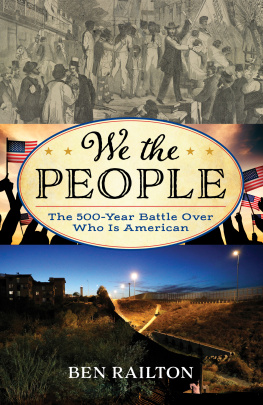

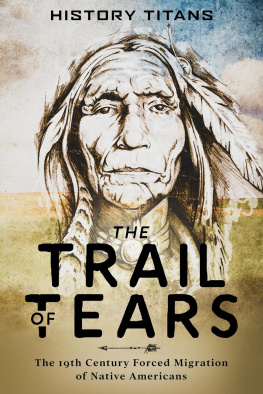
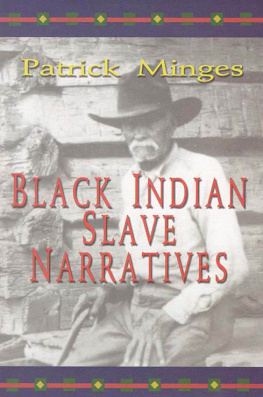
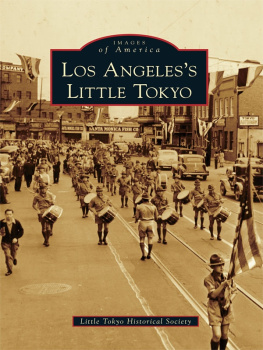
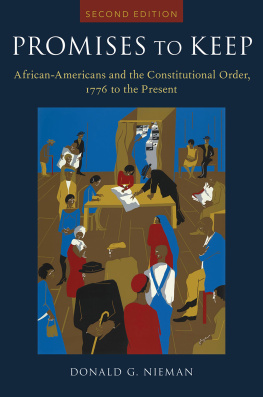
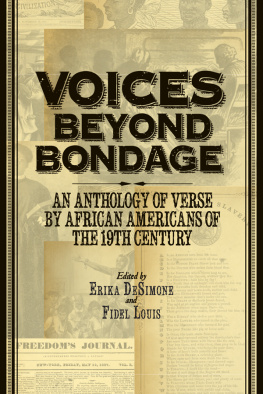
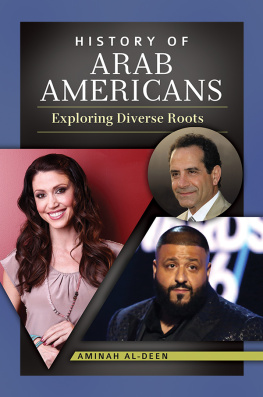
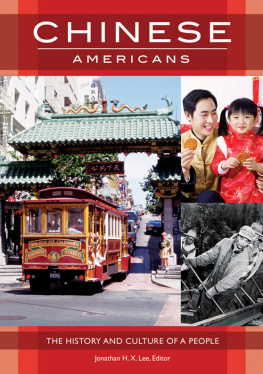
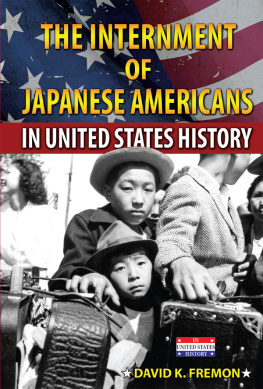

 TM The paper used in this publication meets the minimum requirements of American National Standard for Information Sciences Permanence of Paper for Printed Library Materials, ANSI/NISO Z39.48-1992.
TM The paper used in this publication meets the minimum requirements of American National Standard for Information Sciences Permanence of Paper for Printed Library Materials, ANSI/NISO Z39.48-1992.